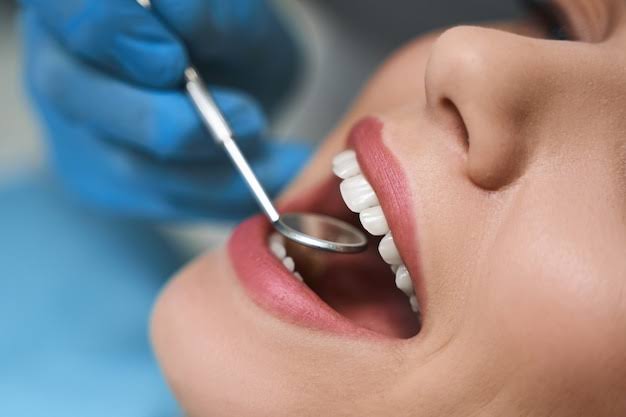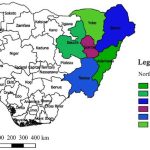By Aisha Umar Lawan
In the heart of Nigeria’s northeastern region lies Yobe North, a resilient community striving to overcome the challenges of underdevelopment and limited healthcare infrastructure.
While the area has witnessed significant progress in sectors such as education and road construction, one glaring gap remains—access to specialized dental care.
This pressing need for a dedicated dental hospital in Yobe North is not just a matter of improving healthcare; it is a necessity for enhancing the quality of life and economic productivity of its people.Oral health is a cornerstone of overall well-being, yet it is often overlooked in discussions about healthcare priorities.
In Yobe North, residents frequently suffer from preventable dental issues such as tooth decay, gum disease, and oral infections. Many endure chronic pain, difficulty eating, and loss of productivity due to untreated dental problems.
The nearest dental hospitals are located hundreds of kilometers away in Maiduguri or Bauchi, making access to specialized care a luxury that few can afford.Moreover, the lack of dental facilities in Yobe North exacerbates the stigma surrounding oral health.
Without proper education and treatment options, many residents resort to harmful traditional practices or live with untreated conditions that worsen over time.
The absence of a dental hospital in Yobe North is not just a healthcare issue; it has significant economic implications. Poor oral health has been linked to decreased workforce productivity, as individuals with untreated dental problems are less likely to work efficiently.
For a region striving to rebuild its economy, this is a setback that cannot be ignored.Additionally, a dental hospital would create job opportunities for local healthcare professionals, including dentists, nurses, and administrative staff.
It would also attract patients from neighboring communities, fostering economic growth in the region.Children and the elderly are particularly vulnerable to the consequences of inadequate dental care.
Poor oral health in children can lead to malnutrition and developmental issues, while untreated dental problems in the elderly can result in serious complications such as heart disease and diabetes. Establishing a dental hospital in Yobe North would serve as a lifeline for these vulnerable groups, ensuring they receive the care they desperately need.
Building a dental hospital in Yobe North requires a multi-stakeholder approach. The government must take the lead by allocating funds and prioritizing oral health in its healthcare agenda. International organizations and non-governmental organizations (NGOs) can provide technical expertise and financial support.
Additionally, local leaders and community members must advocate for this essential facility, emphasizing its importance to the region’s development.
The success of this initiative also depends on integrating dental health education into community programs. Awareness campaigns on the importance of oral hygiene and regular dental check-ups can significantly reduce the prevalence of dental issues and promote a culture of preventive care.
The establishment of a dental hospital in Yobe North would mark a transformative step towards achieving comprehensive healthcare in the region.
It would not only alleviate the suffering of countless residents but also send a powerful message about the value of equitable healthcare access.
As we envision a healthier future for Yobe North, let us recognize that oral health is not a luxury—it is a fundamental human right. The time to act is now.
By prioritizing the construction of a dental hospital, we can build a legacy of health, dignity, and opportunity for generations to come.
Aisha Umar Lawan is a 300 level Student from Mass Communication Department Borno State University Maiduguri.











